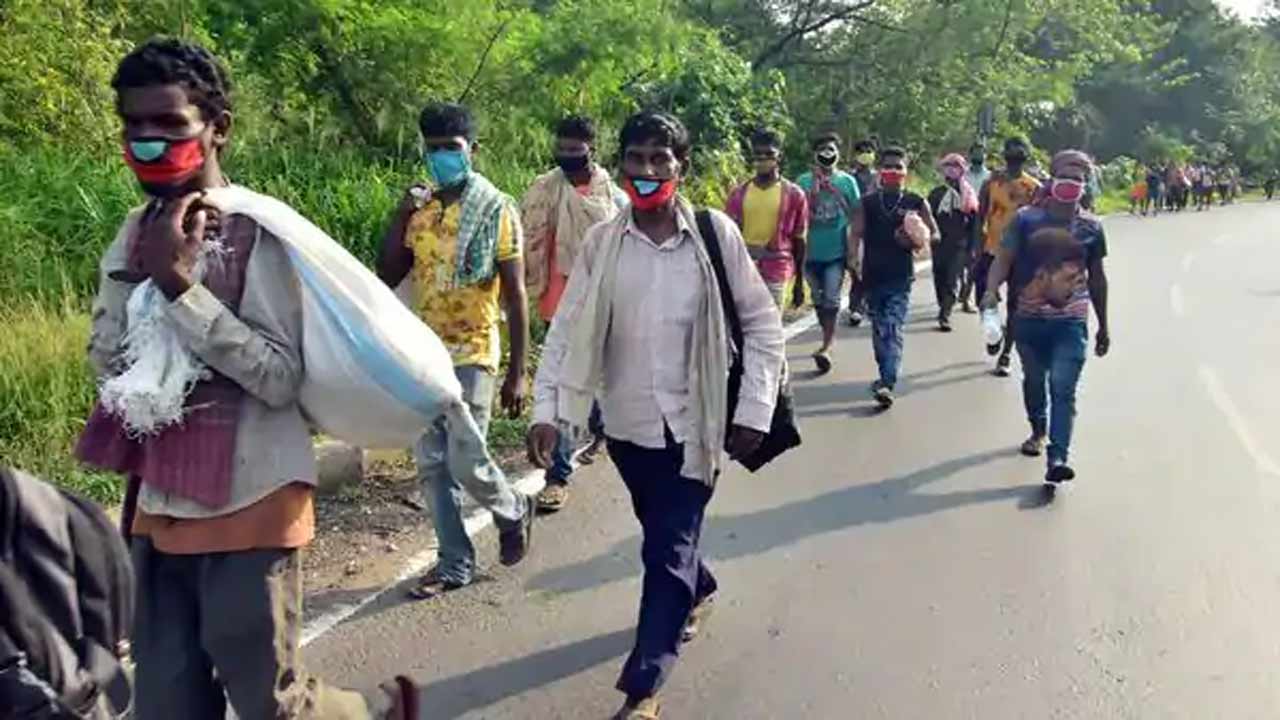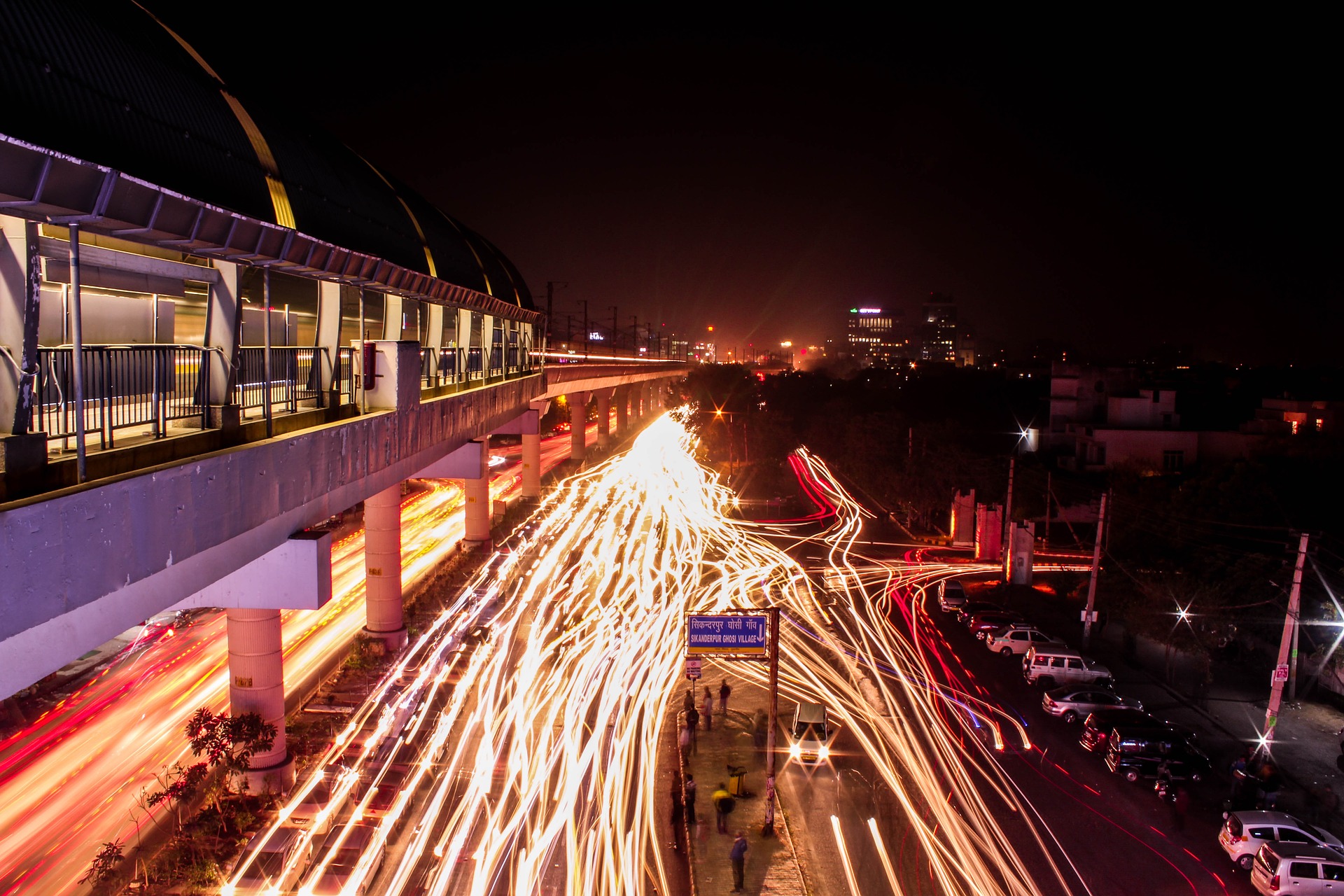It’s true that the pandemic in everybody’s life has created havoc. Today, a huge chunk of the population is dealing with unemployment, economic insecurity, anxiety, and depression.
More than 83 million patients had been infected by Covid-19. How can one aspire to be happy or even dare to express happiness in times when there are multiple things falling apart!
Yet there is still a silver lining, as it seems like the pandemic has changed our lives for good. In terms of what they eat, watch, listen, read, and experience, many people today are going back to the fundamentals and opting for a more unhurried and rooted life.
First India Cities Happiness Report
First India Cities Happiness Report covering thirty-four major cities measuring happiness across the country, the contributing factors to people’s happiness, the impact of COVID-19 on happiness, and insights from global thought leaders.
The research is based on a nationwide survey by Professor Rajesh K Pillania covering 13,000 individuals during October- November 2020.
In the happiness rankings of states and union territories, Mizoram, Punjab, Andaman and Nicobar Islands are the top three. Among the big states, Punjab, Gujarat, and Telangana are among the top three states whereas, among smaller states, Mizoram, Sikkim, and Arunachal Pradesh are the top three states in happiness rankings.
Among union territories, Andaman and Nicobar Islands, Puducherry, and Lakshadweep are the top three union territories in happiness rankings.
The findings indicate that age group, education, and income level are generally positively related to happiness, and happiness is negatively related to marital status, i.e. unmarried individuals are happier in large cities than married individuals.
A long way to home steals all happiness
Around 4,500 laborers who took refuge in temporary shelters with their families in the national capital were diagnosed with mental health problems and needed clinical counseling during the time of lockdown, from April to June. The main cause of their distress was the lack of livelihood in the middle of an uncertain future.

The Delhi Institute of Human Behaviour and Allied Sciences (IHBAS) estimated the prevalence rate of migrant mental health issues at 10-15% after its teams visited shelters from April 2 to June 18, housing over 53,548 migrants.
In terms of the large sample size during the lockdown, the report, likely to be the first in India, revealed that at least 849 migrants were given medication for problems ranging from anxiety and depression to more serious underlying disorders such as psychosis and schizophrenia that manifested or intensified because of the stress induced by the pandemic. Despite facing extremely difficult circumstances, as per IHBAS director Nimesh G Desai, migrants were, however, found to have a very high degree of resilience.
“To help them cope with the challenges, it is necessary to ensure periodic access to migrants’ mental health camps across states. Soon after the lockdown, mental health problems escalated and peaked through May, but the depression began to decline steadily with access to food, ration, and welfare measures,” added Desai.
Despite worries, many felt happy during the Covid-19 lockdown
Not everyone was worried during the first two lockdown phases (March 25-May 3). There were those who were satisfied for various reasons, such as having enough time to spend in pajamas with family and working from home. Happiness also stems from the fact that they don’t have to commute to work and get caught in traffic on a regular basis.
A pan-India online survey conducted at the Indian Institute of Management, Lucknow, by the Centre for Marketing in Emerging Economies (CMEE), revealed this (IIML). In conjunction with Qualisys Research and Consultancy, the survey was conducted.

The happy ones treated the lockdown time like an unplanned holiday as well. It was like a paid holiday for those who had not suffered economic repercussions by then, during which they enjoyed hobbies and minimized their sleep deficit.
Furthermore, the survey showed that 56 percent of these satisfied individuals tried new dishes and 38 percent of them spoke with friends and family over the internet – something they could not do before.
Many who are happy are also of the opinion that, relative to the rest of the world, Indians have a greater degree of tolerance to cope with the disease. They also firmly believe that, relative to other countries in the world, India is in a better position.
Some of the spiritually inclined respondents see this unlikely occurrence as the way nature brings justice and cures itself. And many do not feel that they are attempting to make the most of the present moment by fretting over something that is not in their control. Even in this tough time, they see a ray of hope and trust that things will return to normal sooner rather than later.











